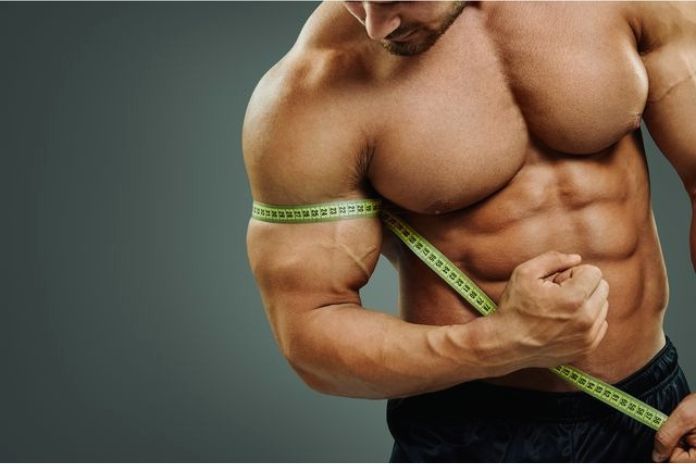Many people invest heavily in the gym to gain muscle mass but forget other factors that significantly contribute to achieving this goal, such as food. A diet to gain muscle mass, made up of different food groups, helps to improve performance in training, provides more energy to the body to carry out daily activities, and helps with muscle recovery during rest hours.
The individual’s diet is part of the vast list of determining aspects of their physical performance and maintenance of good health. We already know that a well-trained individual who follows an adequate diet will be more likely to obtain more significant achievements when compared to an individual with the same training conditions but who does not receive an adequate supply of nutrients and energy. Therefore, multivitamins have gained so much interest from those who train.
Vitamins And Minerals: Metabolic Regulators
Due to the significant influence of nutrition on health conditions and performance, the number of non-professional people seeking information on the subject is increasing. People are increasingly concerned about eating right and getting its benefits. Unfortunately, individuals cannot meet nutrient requirements due to a lack of time, poor conditions to have meals, and lack of adequate knowledge.
Hydration should also be included in the food plan, as water consumption throughout the day is essential for maintaining basic body functions and regulating body temperature. Within a diversified diet, some foods can be consumed in more significant quantities depending on the goals and type of training. Anyone who wants to get a more defined body needs to know the functions and benefits of the four foods to gain muscle mass listed below:
Ovo
For a long time, the egg yolk did not receive its due value, being discarded by gym goers, who saw only the egg white as a good source of nutrients. However, several studies show that the yellow part of this food should also be on the menu to gain muscle mass, as it contains substances such as omega three and vitamin B12, which contribute to blood pressure regulation, muscle recovery, and combat inflammatory processes caused during exercise. Therefore, the egg must be consumed whole, as the egg white is rich in albumin, a protein of high biological value that is essential for the proper functioning of our body.
Whole Grains
Sources of fiber, vitamins, and minerals, whole grains are great allies in a diet that builds muscle. These carbohydrates can be consumed at different times of the day as they gradually provide energy for the body and ensure satiety. Bread and pasta made with whole grains are great main course options for large meals, such as lunch and dinner, while oats can be used in recipes that include some protein supplement, such as whey protein, for pre or post-workout.
Fish
Salmon, sardines, and tuna are sources of high-quality protein and omega 3, nutrients that should be present in the diet of those who work out. Including fish in meals should be done two to three times a week. This food has antioxidant and anti-inflammatory action, helps control blood pressure, fights autoimmune and neurological diseases, and facilitates tissue recovery. Muscle. Fresh fish is the most nutritious, but consumption of canned fish is also allowed, as they maintain their properties.
Chicken
With chicken, the list of foods to gain muscle mass is complete. This protein is part of the diet of most athletes, but many are unaware of its benefits. Chicken meat is considered lean because of its low-fat content, so nutritionists recommend it for those who want to lose weight or get fit. In addition to helping with protein synthesis, this food provides amino acids for muscle recovery and growth. But even though it is very healthy, the famous chicken with sweet potatoes should only be consumed at some meals of the day: it is possible to vary the menu and include other nutritious foods in the diet.
Also Read: Physical Activity After A Heart Attack

